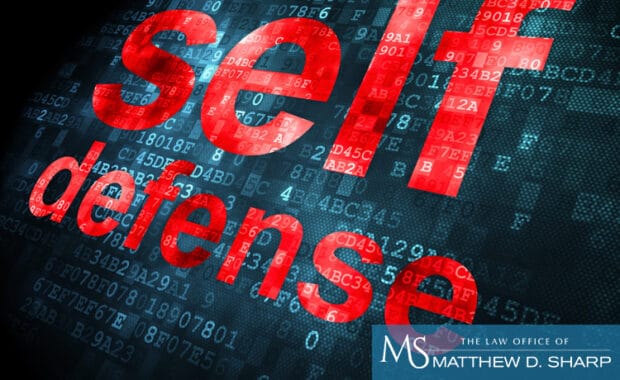What Is the RICO Act?
When people talk about legal cases involving the RICO Act, they are usually referring to cases of organized crime. This is because Congress established the RICO Act in 1970 to create specific laws to deal with incidents of organized crime groups like the Mafia. RICO stands for Racketeer Influenced and Corrupt Organizations. The act is a collection of statutes that focus on punishing groups of individuals who engage in repeated criminal activities. Rather than focusing on establishing penalties for a single criminal action, the RICO act creates enhanced penalties for groups that attempt to engage in organized illegal behavior over the long term in order to gain wealth or power.
What Does the RICO Act Cover?
To understand the RICO Act, it’s important to understand the definition of organized crime. As stated earlier, the RICO Act strictly focuses on crimes that are carried out by a specific group of people with the goal of furthering a criminal enterprise. According to Chapter 71 of the Texas Penal Code, organized crime is defined as:
- Illegal activities committed by a group of three or more people
- Illegal activities committed by a group that agrees to work together
- Illegal activities that are committed to create profits for the group
Some of the illegal actions that may be committed as part of organized crime can include:
In short, the RICO Act is used to establish a difference between a one-time criminal operation and an organized group who consistently works together to achieve illegal goals. The act creates extra punishments that are intended to discourage this kind of behavior. The act also makes it possible to prosecute individuals who are involved in a criminal organization, even if they don’t directly commit any other crimes. According to the law, simply being involved in or having a controlling interest in a criminal enterprise is enough to be prosecuted under the RICO Act.
Legal Penalties
A person who is convicted of racketeering under the RICO Act can face some very severe penalties. In order to secure a conviction, the prosecution must show evidence that the defendant was involved in a criminal organization that engaged in two or more racketeering activities in a 10-year period. A person who is convicted on a racketeering charge may face:
- Incarceration in federal prison for a term of 20 years or up to life in prison
- A fine of up to $250,000 or double the amount gained by the criminal organization
- Mandatory repayments to victims for three times the amount gained by the criminal enterprise
It’s plain to see that being convicted on a racketeering charge under the RICO Act can lead to some very severe consequences. However, it’s possible to defend against these charges in a court of law.
Legal Defenses
While it is true that the RICO Act can enforce harsh punishments on defendants who are convicted of racketeering, the prosecution must meet a very high burden of proof in order to get a conviction. This means that they must prove every element of their case beyond a reasonable doubt.
In order to prove their charges, the prosecution must show evidence that the defendant was knowingly involved in a criminal enterprise and actively took steps to pursue the goals of that criminal organization.
A defense attorney could counter these charges by arguing that the defendant was deceived or forced to work with the criminal organization. The attorney could also claim that the defendant was only a small-time criminal offender who only made a few mistakes. If the attorney is able to introduce enough evidence to show that the defendant was not knowingly or willingly a part of a larger criminal organization, the case may be tried without the RICO Act. This could lead to lowered charges or a dropped case.
If you’re being investigated for a crime related to the RICO Act, contact The Law Office of Matthew D. Sharp today.




